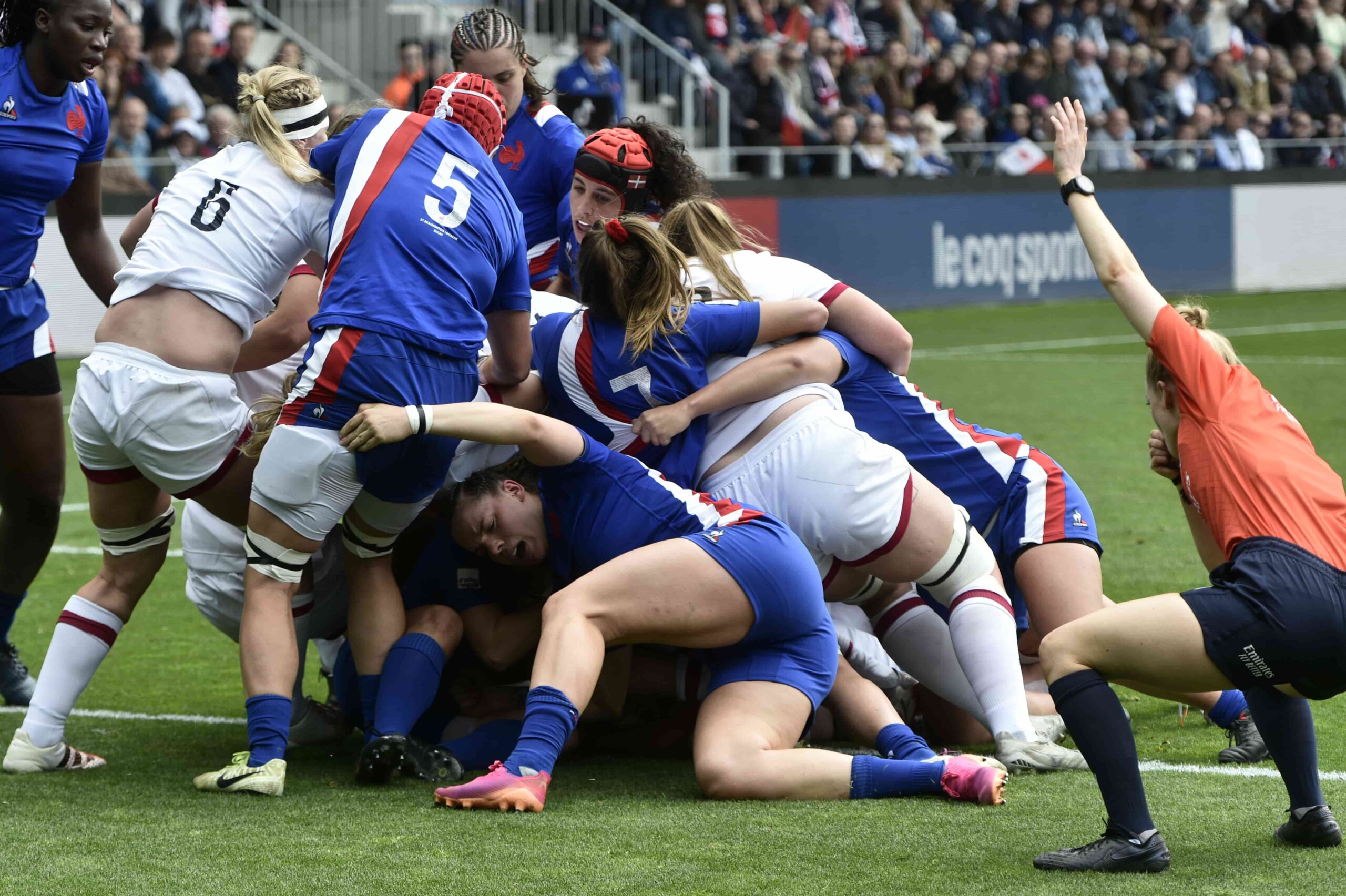The world’s international governing body for women’s rugby banned trans women from competing in international competitions in a recent announcement.
According to a June 21 statement released by the International Rugby League (IRL), the organization has issued a blanket ban on trans women’s participation in matches. It said the policy will remain in place until “further research is completed” regarding whether trans female athletes have a competitive advantage in sports and the league can implement a formal trans inclusion policy.
As a part of the research toward building this policy, the IRL said it will work with finalists from last year’s Women’s Rugby League World Cup to develop guidelines that take “into consideration the unique characteristics of rugby league.” The rugby governing body projected that the new rules would be released in 2023.
The last time the league reviewed its trans inclusion guidelines was in early 2021. That policy was released prior to the International Olympic Committee (IOC)’s announcement in March of this year that individual sport governing bodies would be allowed to determine their own trans inclusion policies.
The IRL’s decision means that trans women will not be allowed to compete in “test matches” scheduled for this upcoming weekend, or in the Women’s Rugby League World Cup scheduled for October, according to the U.K. newspaper The Guardian. While it’s unclear how many players the decision will affect, there are currently no out trans rugby league players competing internationally in Australia or New Zealand, per Reuters. These two countries currently dominate the sport.
Trans women rugby players expressed disappointment with the decision. “We’re human beings the same as everyone else,” said former rugby player Caroline Layt in conversation with Reuters. “It just tells trans kids and trans adults that you’re not worthy. Don’t even bother. Don’t even bother showing up. What’s the point?”
The decision also drew criticism from Ian Roberts, the first professional rugby player to come out as gay. Roberts called the decision the “modern day-equivalent” of the homophobia he faced upon coming out in the ’90s.
“I would have hoped we would have matured as a community and as a society beyond that,” he told Reuters. “Equal is equal.”
According to BBC Sports, Scotland Rugby League’s disability and inclusion director Mike Finn stepped down from his position over the ruling, saying that the IRL had “yielded to a campaign of hate.” He added, “Solidarity with all trans people, will be an ally always.”
LGBTQ2S+ advocacy groups also harshly criticized the decision, saying the policy is blatantly discriminatory. Anna Brown, CEO of Australian LGBTQ+ advocacy organization Equality Australia, said in a statement that “blanket bans on women who are trans playing against other women risks violating international human rights principles of non-discrimination, which require such policies to start from a place of inclusion.”
Following larger trends across the sporting world, the world of rugby has cracked down on trans inclusion over the past year. Last year, World Rugby—the governing body for rugby union, a game slightly different from rugby league—announced a ban on trans women participating in global competitions, including the women’s Rugby World Cup and the Olympics. (For domestic competitions, the organization allowed governing bodies to determine their own policies. France, for example, allows trans women to compete in rugby.)
World Rugby cited “player welfare risks” as the result of “size, force- and power-producing advantages conferred by testosterone during puberty and adolescence” as the reasoning behind the decision.
In instituting the ban, World Rugby became the first international sports federation to do so—starting a trend that’s continued into this year. On June 20, Fédération Internationale de Natation (FINA), announced that trans women would be prohibited from competing in events like swimming, diving and water polo if they completed endogenous male puberty as a child. Canada’s representatives in the federation reportedly voted in favour of the controversial policy.
FINA said it intends to create an “open competition” category for trans athletes to compete in, although it remains unclear how it will set up the category.
In the wake of the FINA decision, other sport governing bodies announced that they would also be reviewing their trans eligibility policies, including FIFA, the governing body for soccer, and World Athletics, the governing body for track and field sports. The president of World Athletics, Sebastian Coe, praised FINA’s decision—saying that it was “in the best interest of its sport” and that World Athletics believes that “biology trumps gender.” The organization will have a discussion on its policies at the end of this year.
Despite the recent proliferation of bans on trans women’s participation in sports everywhere from international leagues to high school sports teams, researchers have yet to offer evidence that trans women who are on hormone replacement therapy (HRT) or who have taken puberty blockers have any competitive advantage over cis competitors.


 Why you can trust Xtra
Why you can trust Xtra


